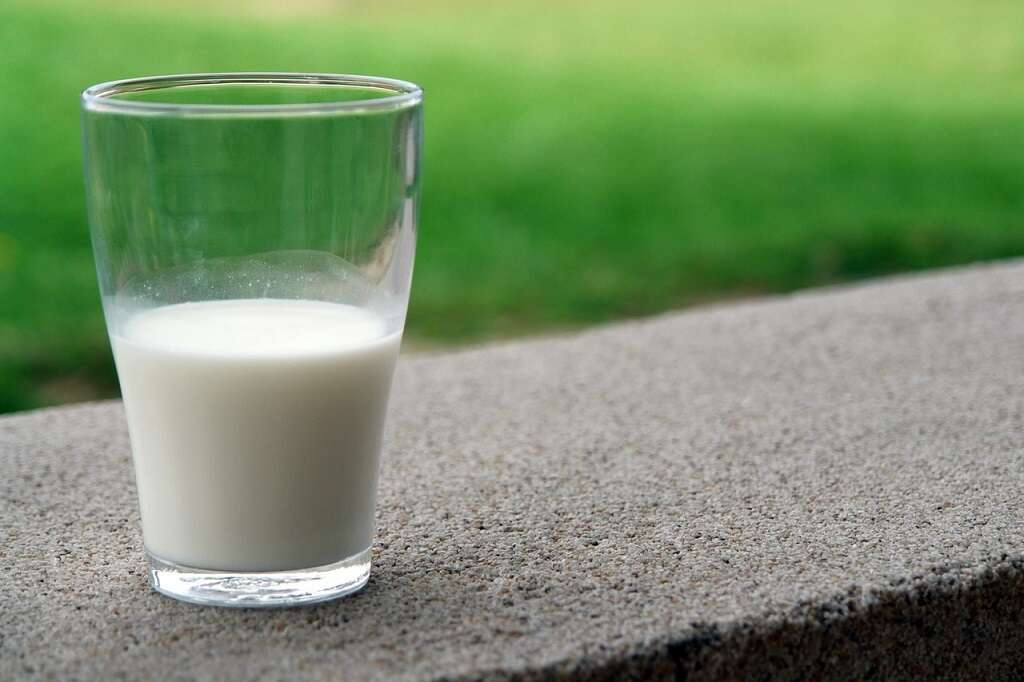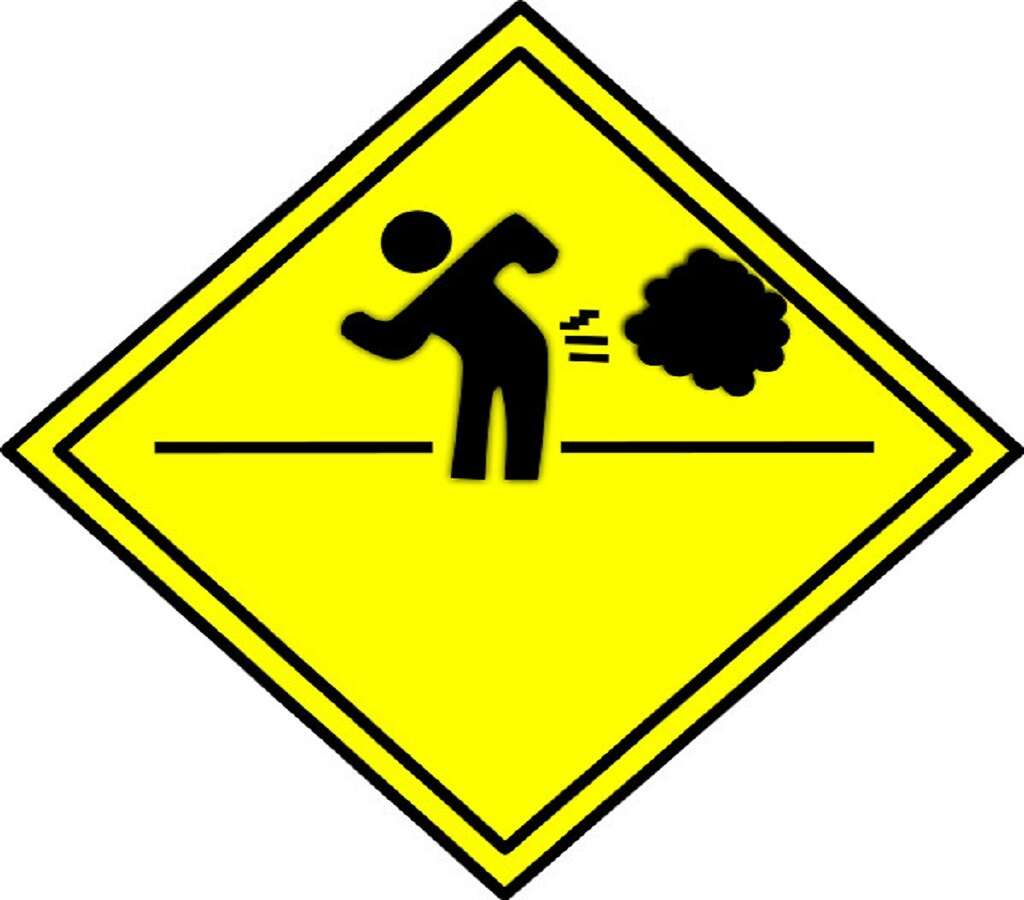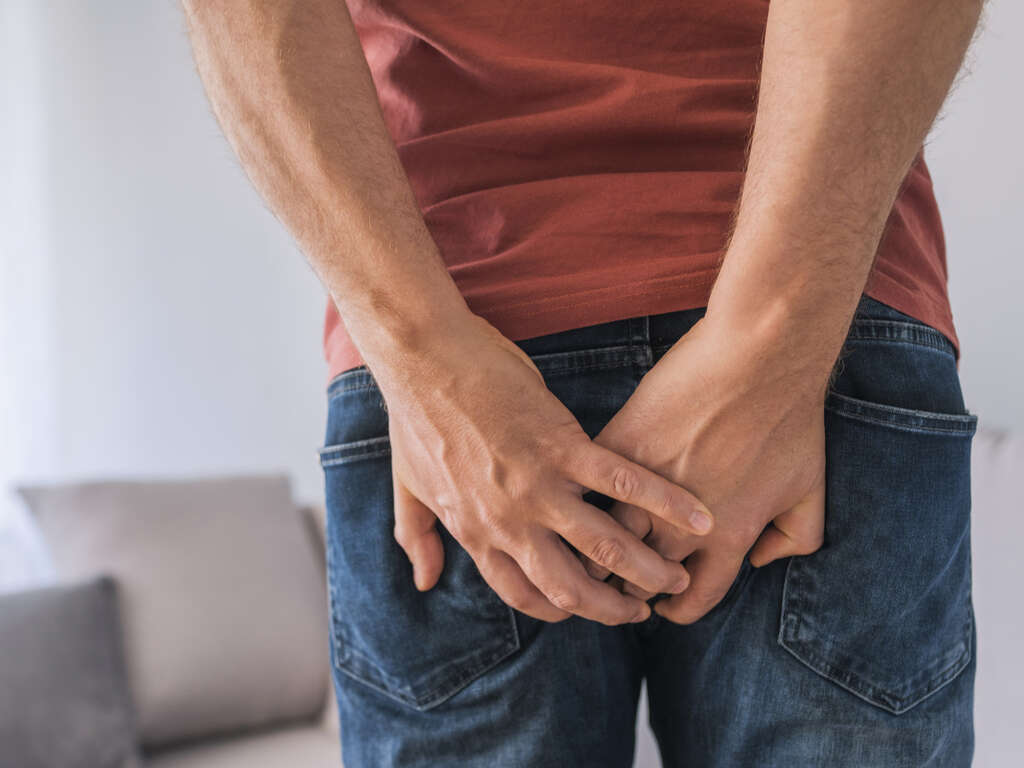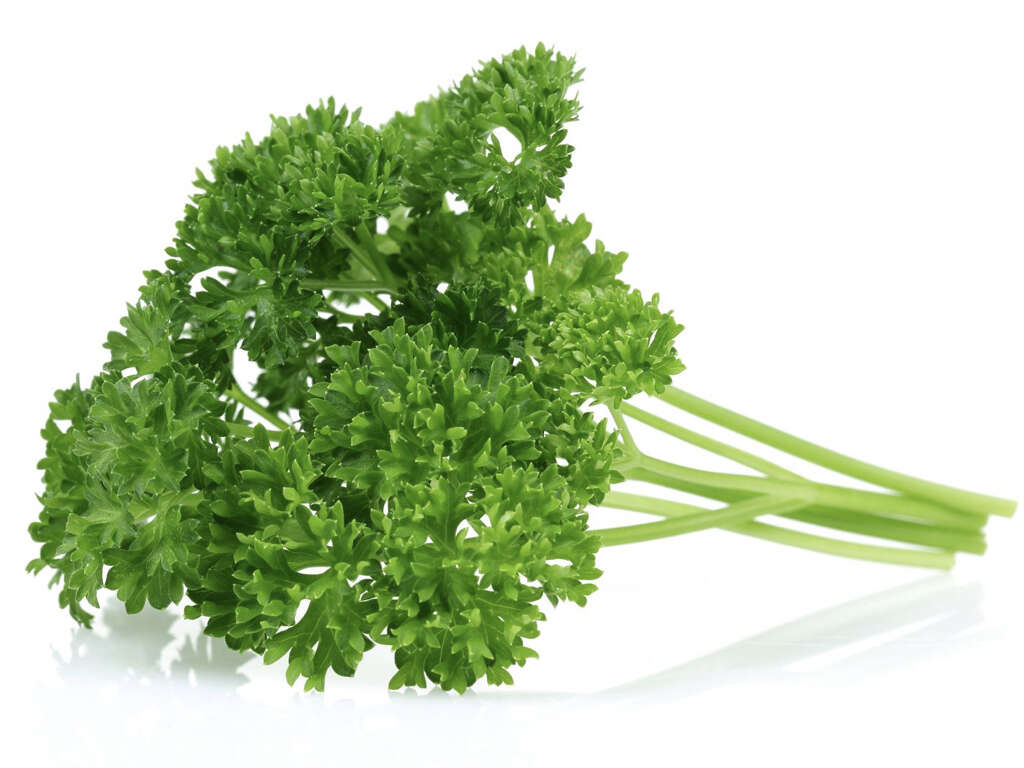Farting Causes, Questions and More
 Article Sources
Article Sources
- 1. 'What's a Fart? (for Kids) - Nemours KidsHealth.' Edited by KidsHealth Medical Experts, KidsHealth, The Nemours Foundation, kidshealth.org/en/kids/fart.html
- 2. 'Flatulence.' Better Health Channel, www.betterhealth.vic.gov.au/health/ConditionsAndTreatments/flatulence
- 3. 'Gas and Gas Pains.' Mayo Clinic, Mayo Foundation for Medical Education and Research, 3 Mar. 2020, [www.mayoclinic.org/diseases-conditions/gas-and-gas-pains/symptoms-causes/syc-20372709.](https://www.mayoclinic.org/diseases-conditions/gas-and-gas-pains/symptoms-causes/syc-20372709.)
- 4. Planet, Lonely. 'Thorn Tree - Cultural Misunderstandings.' Asia - North-East Asia - Lonely Planet Forum - Thorn Tree, www.lonelyplanet.com/thorntree/forums/asia-north-east-asia/topics/cultural-misunderstandings
A fart is also called flatulence or gas. Farts are caused by air or gases in the digestive tract that are expelled from the intestines. Air can be swallowed while eating, drinking and coughing. Drinking through a straw is commonly to blame for excess gas. Other gases are created when the body breaks down food. These gases could be methane, carbon dioxide or hydrogen.1‘What’s a Fart? (for Kids) - Nemours KidsHealth.’ Edited by KidsHealth Medical Experts, KidsHealth, The Nemours Foundation, kidshealth.org/en/kids/fart.html
People have many questions about farts and wonder what causes them. While it's a normal part of digestion, excessive gas can be caused by certain foods, activities and disorders.

Foods That Cause Gas
All foods have the potential to cause some gas or farting. This is because the gases responsible for farting are created naturally when foods are broken down by the digestive system. Foods containing a complex sugar, called raffinose, or lactose may cause extra farting.
Some foods may be responsible for creating more digestive gases than others. The carbonation in soda, seltzer water and certain alcoholic drinks introduces excessive air into the digestive system. Some people may find beans, dairy products and certain vegetables cause excessive farting. Examples of gas-causing vegetables may include brussels sprouts, cabbage, cauliflower, broccoli and asparagus.

Other Causes for Gas
While the normal digestion of food commonly causes gas, there are other reasons people may experience excessive farting. Intolerances to certain foods, such as wheat or dairy, may be responsible for farting more than usual. Being constipated, improper breathing during exercise and taking certain medications can also cause gas buildup.
Certain diseases or disorders can cause excessive gas. Celiac disease, Crohn's disease, irritable bowel syndrome and cancers of the digestive tract are a few examples.

Why Do Farts Smell?
Many people wonder why some farts smell significantly worse than others. The noxious odor associated with farts is created when gases combine in the large intestine. Miniscule amounts of methane, carbon dioxide and hydrogen combine with ammonia and sulfur to create this unpleasant odor.
Farts created by foods with a high sulfur content generally smell worse than others. Sulfur creates the rotten egg smell many associate with a particularly unpleasant fart. These foods include cruciferous vegetables, onion, garlic, dairy products, red meat and plant-based proteins.

How Much Farting Is Normal?
The amount of farting considered normal depends on the person. Most people fart an average of 15 times per day. But, for some people, farting up to 40 times per day is normal.2‘Flatulence.’ Better Health Channel, www.betterhealth.vic.gov.au/health/ConditionsAndTreatments/flatulence
Determining whether farting is excessive or abnormal is an individual thing. Each person must decide whether they are passing more gas than normal because what seems excessive for one person may be the norm for another. Fortunately, passing excessive gas is usually a short-term, benign thing.

What Causes Gas Pains?
Gas pains may range from mild discomfort to unbearable agony. These pains happen when farts get stuck and aren't traveling through the digestive system in a normal fashion.3‘Gas and Gas Pains.’ Mayo Clinic, Mayo Foundation for Medical Education and Research, 3 Mar. 2020, www.mayoclinic.org/diseases-conditions/gas-and-gas-pains/symptoms-causes/syc-20372709.
Gas pains are commonly seen in individuals with certain digestive disorders, such as irritable bowel syndrome. People who are constipated are also more prone to gas pains. These abdominal pains generally go away once a person passes gas or has a bowel movement.

How Can People Reduce Gas?
Some people may think they pass gas excessively and wonder how they can reduce farting. While farting is normal and no cause for concern, people may reduce excessive gas by figuring out the root cause.
People with food intolerances may find gas reduces when they avoid the culprits. Dairy and wheat are common food intolerances. Avoiding drinking through a straw, chewing gum or sucking on hard candies may also reduce gas. Taking digestive enzymes and not consuming carbonated drinks could prove helpful for certain individuals.

Is It Rude to Fart in Public?
Whether it's rude to fart in public is more a cultural question than a medical one. From a health standpoint, it's best to fart when the need arises to avoid gas pains.
Different cultures have unique standpoints on farting in public. In American culture, farting in public is considered rude, while passing gas among friends is considered less so. However, in certain Asian countries, farting directly following a meal is considered a compliment.4Planet, Lonely. ‘Thorn Tree - Cultural Misunderstandings.’ Asia - North-East Asia - Lonely Planet Forum - Thorn Tree, www.lonelyplanet.com/thorntree/forums/asia-north-east-asia/topics/cultural-misunderstandings

Is Farting Healthy?
Farting is a normal, healthy body process that tells people their digestive systems are working. When a person doesn't pass gas or holds in their farts for long periods, it can cause serious discomfort. The longer farts are held in, the worse the gas pains are likely to be.
Gas pains aren't the only problem that may occur if farts are held in or trapped. People can also become bloated and feel queasy.

Is Holding in a Fart Dangerous?
While holding a fart in hasn't been proven to be dangerous, it isn't necessarily healthy either. The gases created during the digestion process need to be expelled. This can only be done through farting or burping. When these gases aren't expelled through normal bodily functions, they may build up in the digestive tract.
When gases, such as methane and sulfur, build up in the digestive tract, people may experience severe pain and discomfort. Some individuals may feel queasy or begin sweating due to the pain.

The Bottom Line
Farting is a healthy, natural body function that happens when gases form during the digestion process. While normal, some people may find they pass excessive gas. Excessive gas may be reduced or managed by getting to the root cause.
Although many cultures find it impolite to fart in public, holding it in may cause significant abdominal discomfort. But thankfully, there's no evidence that holding in a fart can prove dangerous.











